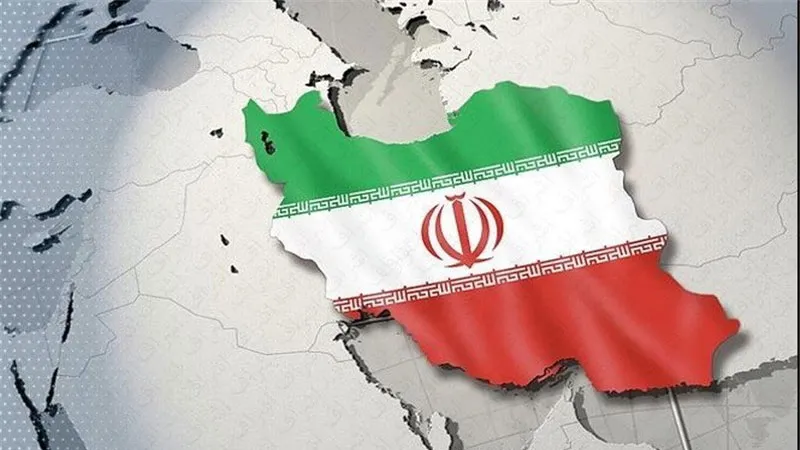Democracy, Entrepreneurship, and the Social Foundations of Governance
Democracy, Entrepreneurship, and the Social Foundations of Governance
Democracy has often been romanticized as the pinnacle of political development, a moral ideal to which
all societies should aspire. Yet history suggests otherwise. Democracy has rarely functioned as a self-
sufficient end. Instead, it has been a means to secure conditions for entrepreneurship, property, and
economic growth. The Western narrative that elevates democracy as a timeless value obscures the
material and often violent processes through which it emerged. For Iran, the lesson is critical. Democracy
will not come through abstract acceptance or imitation of Western models. It must arise as the by-product
of creating conditions for entrepreneurship, participatory community life, and just distribution of national
wealth.
The European Myth: Democracy Through Extraction
In the European story, democracy is celebrated as the crowning achievement of civilization, rooted in
values of liberty and equality. Yet the historical reality is more complex and more troubling. Democratic
institutions in Europe grew not out of pure ideals but from the entrepreneurial energies of classes who
enriched themselves through systems of extraction.
Domestically, the rise of parliaments and representative bodies coincided with enclosures of land,
dispossession of peasants, and the consolidation of merchant capital. Entrepreneurs sought representation
not because they were committed to abstract freedom but because they needed predictable laws, secure
property rights, and limits on arbitrary monarchy. Max Weber observed that the rationalization of law and
bureaucracy was indispensable to capitalism’s rise. Joseph Schumpeter argued that entrepreneurship
thrives where institutions protect profit and investment.
Globally, Europe’s so-called “bourgeois democracy” was built on colonial conquest and slavery. The
sugar plantations of the Caribbean, the mines of Africa, and the cotton of India generated wealth that
financed Europe’s institutions. Yet in retrospect, Europe reframed its success as evidence of possessing
superior democratic values. This was a civilizational narrative that masked the brutality of extraction by
elevating democracy into a badge of moral greatness
Thus, democracy in Europe was not the antithesis of exploitation but its political superstructure. Only
later, in the nineteenth and twentieth centuries, was it repackaged as the goal itself, a romanticized ideal
that legitimized European superiority and concealed the violent foundations of its prosperity.
Iran’s Lesson: Democracy as By-Product, Not Premise
This history matters because it warns against adopting democracy as a hollow ideal. In Iran, democracy
cannot be proclaimed into existence simply by accepting its forms. Societies do not leap overnight into
mature democracies. They must build the social and economic infrastructures that allow democracy to
emerge organically.
The driver of this process is not abstract romance but concrete self-interest, the human desire for success.
Individuals seek to prosper, and when provided with opportunities, this drive becomes the engine of
collective progress. In Iran, the path to democracy must therefore begin by creating incubators of
entrepreneurship that foster economic vitality and cultivate habits of cooperation, accountability, and
civic responsibility. These community-based institutions would transform private ambitions into shared
prosperity, producing the soil in which democratic practices can grow.
Participatory Communication and Civic Learning
Entrepreneurship alone is insufficient. For democracy to emerge as a stable by-product, it must be
accompanied by participatory communication. Paulo Freire emphasized that dialogue is the foundation of
liberation. Communities must not only pursue prosperity but also deliberate together about how resources
are used, how projects are prioritized, and how success is evaluated.
This communicative process ensures that entrepreneurship is civic as well as economic. It builds trust,
teaches accountability, and habituates individuals to collective decision-making. In this sense,
entrepreneurial incubators are also schools of democracy. They teach the practice of cooperation and
dialogue, which grow from daily life rather than from imported institutions.
The National Wealth Fund: A Fourth Branch of Government
The creation of community incubators requires resources. Here, the idea of the National Wealth Fund as a
“fourth branch of government” becomes essential. Unlike the executive, legislative, or judiciary, this
branch would not wield coercive authority. Its role would be distributive. It would pool national wealth
from natural resources, sovereign investments, or state enterprises and reinvest it directly into local
communities.
By serving as a pump of resources into entrepreneurial incubators, the Wealth Fund would democratize
opportunity while insulating wealth from executive manipulation. It would prevent the corruption that
arises when political elites monopolize resource allocation. Most importantly, it would ensure that the
benefits of national wealth are broadly shared, laying the material foundations for democracy.
Mehr-Based Governance and the Axis of Hope
This vision aligns with the ancient Iranian principle of Mehr, the covenant of care, truth, and
responsibility that once bound communities together. Within the Axis of Hope framework, governance is
conceived as having four branches:
1. Legislative, for deliberation.
2. Executive, for implementation.
3. Judicial, for justice.
4. National Wealth Fund, for equitable resource distribution.
Together, these branches create a system where wealth and power are separated, entrepreneurship is
fostered, and communities are empowered through participatory communication. In such conditions,
democracy emerges naturally as a by-product of ethical and material flourishing.
Conclusion
The romance of democracy has long distorted both Western self-understanding and non-Western
aspirations. In Europe, democracy arose not from noble values but from the entrepreneurial energies of
classes enriched through extraction, both domestic and colonial. Only later was it mythologized as proof
of civilizational superiority.
Iran must avoid this trap. Democracy cannot be imported as a ready-made ideology. It must be grown
from the inside out, through entrepreneurial incubators, participatory communication, and a National
Wealth Fund that ensures just distribution of resources. After three decades of study, the lesson is clear.
The path to democracy lies not in romanticizing Western forms but in creating the conditions of success,
cooperation, and trust from which democracy naturally flows.


